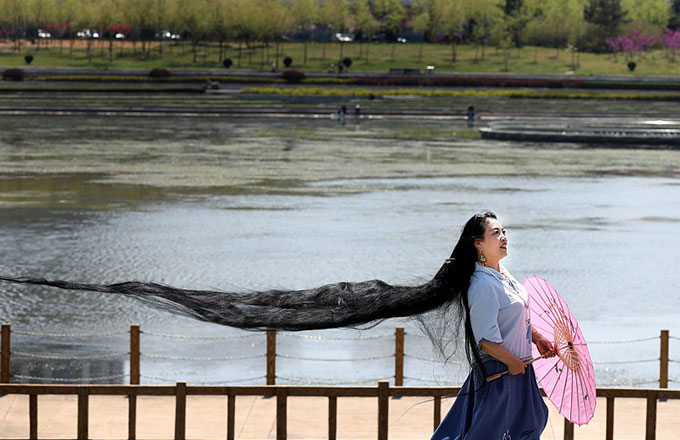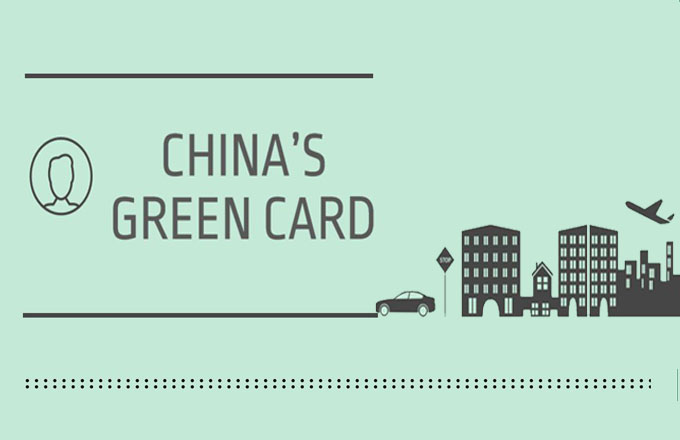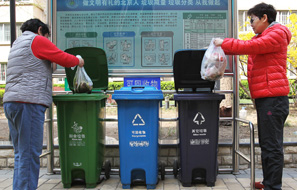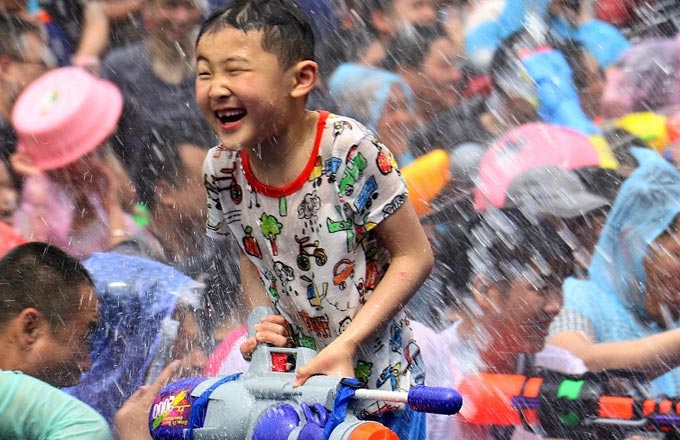Machines help turn trash into treasure
The Beijing Subway's Line 10 will soon have "reverse vending machines", which will pay customers for their empty plastic bottles.
After customers put their empty bottles into the machines, the devices identify and compact the bottles, and customers have their monetary reward scanned into their transportation cards.
The refrigerator-sized machines, about 40 in all, will be in most Line 10 subway stations.
"We have placed two such reverse vending machines at the terminal of Beijing Capital International Airport and four at the city's subway stations," said Feng Juan, an employee of Incom Resources Recovery Recycling, which makes the machines. "They have been well received so far."
More than 30,000 empty bottles have been collected since December, she said.
"People are encouraged and rewarded for turning trash into treasure, and the recycling companies can also get empty bottles of better quality this way," Feng said.
If something other than an empty bottle is cast into the machine, such as waste paper, the machine will spit it out.
The company is coming up with more ways to pay customers, including providing their monetary reward to Alipay, a third-party payment platform, and to IC cards for cafeterias within an office building or community.
Supported by the National Development and Reform Commission and Beijing Municipal Commission of Development and Reform, the reverse vending machines will be introduced to colleges and universities soon, Feng said.
The company is also considering covering more recycling materials, including used teaching materials and books.
Long-term plans call for about 2,000 reverse vending machines to be placed throughout the city in the next few years, including 80 at colleges and universities, shopping malls, communities and office buildings, the company said.
Despite the country's years of effort to encourage trash recycling, a lot of garbage is still randomly discarded.
Chang Tao, director of the company, said that if the pilot project works well in the city, the company will consider expanding the trash-to-treasure service to other developed cities in the eastern part of China.
Most beverage bottles are made of polyethylene terephthalate, which many governments worldwide encourage to be separated from other plastic waste to have them made into bottles again.
"Many unlicensed waste collection agencies transfer the plastic bottles into clothes or plastic basins, which is a degradation of the value of the material," said Mao Da, an expert in solid-waste management at Beijing Normal University.
The machines might well encourage the public to form a recycling habit and save resources, he said.

























